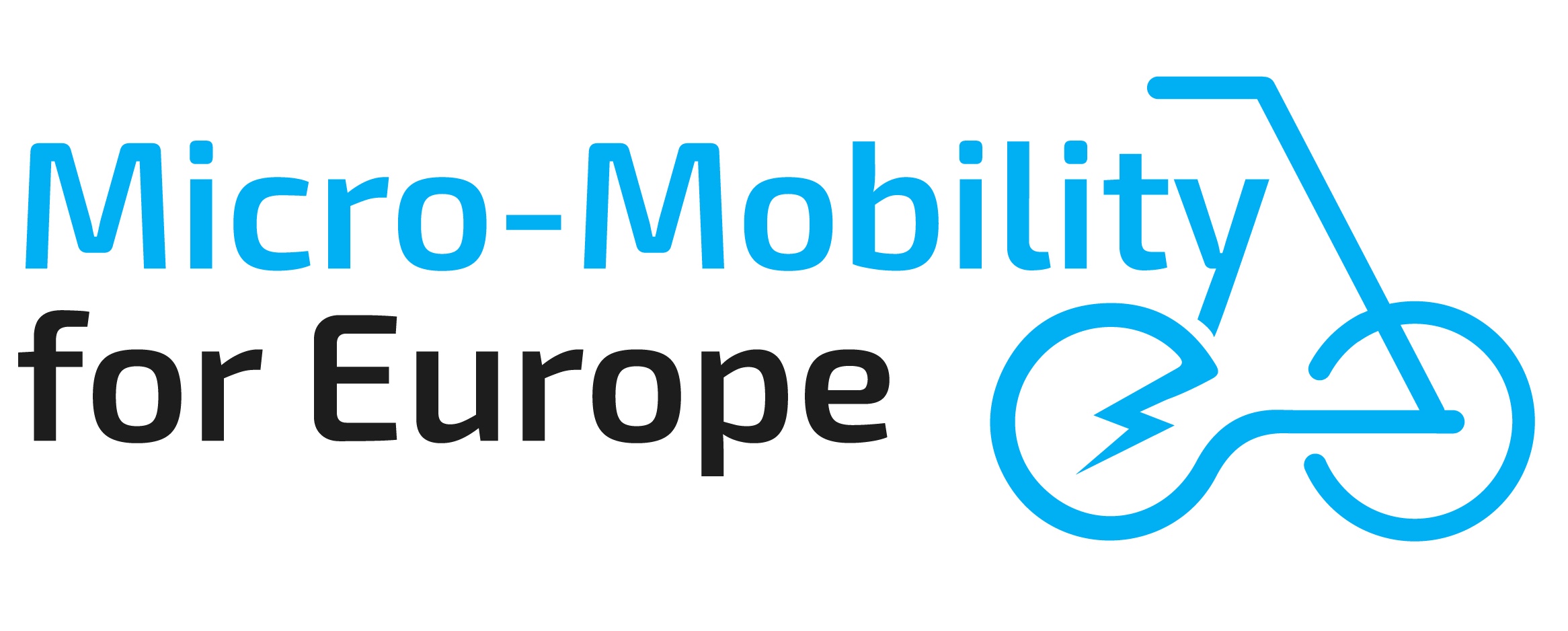April 2021
Creating a sustainable transport ecosystem by reshaping urban mobility along with the cities in which e-scooters operate is at the core of Micro-mobility for Europe’s objectives. Recent studies have shown that micro-mobility has the potential to deliver significant benefits in cities including efficient and cost-effective travel, reduced traffic congestion, decreased emissions, and a boost to local economies.
On April 27th2021, Micro-Mobility for Europe met with Pedro Homem de Gouveia, Senior Policy and Project Manager, Governance & Integration, Safety & Security at POLIS Network.
The meeting was an important occasion for the coalition to share views on how micro-mobility solutions can make a valuable contribution to develop innovative technologies and policies to promote sustainable mobility across cities. The main points of discussions focused on:
- How to accelerate the shift towards sustainable and urban mobility which is key for the success of the industry and should be prioritized among all policy efforts.
- Having a consolidated system thinking approach which looks at ways to positively transform urban mobility by allowing a proper integration of micro-mobility solutions into the existing local transport system and build capillarity to serve transit along corridors
- The need to push for financial support from municipalities and the EU to develop and integrate a solid infrastructure system which is the way to make micro-mobility industry to smoothly flourish in cities.
- The importance of pushing for a data share harmonization among cities, enabling local authorities to profit from data our industry generates which alleviate the challenges faced by their residents (congestion, pollution, road quality and safety, as well as better environmental protection).
Further Information:
POLIS is the leading network of European cities and regions working together to promote sustainable mobility through the deployment of innovative transport solutions. Their aim is to improve local transport through integrated strategies that address the economic, social, and environmental dimensions of transport.


